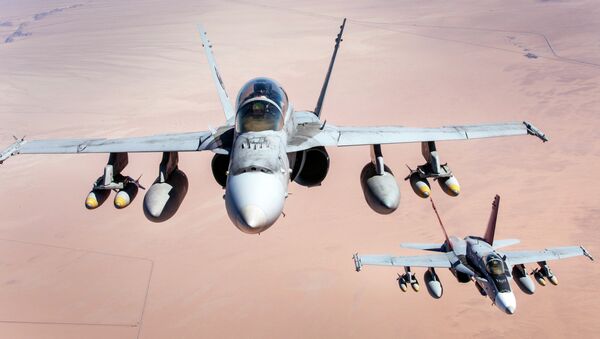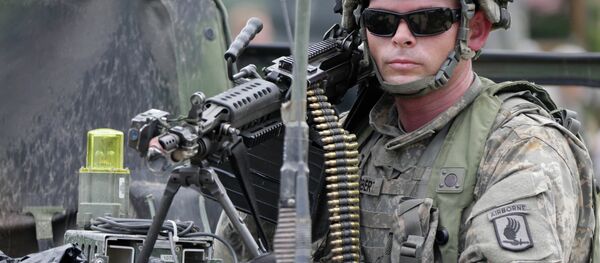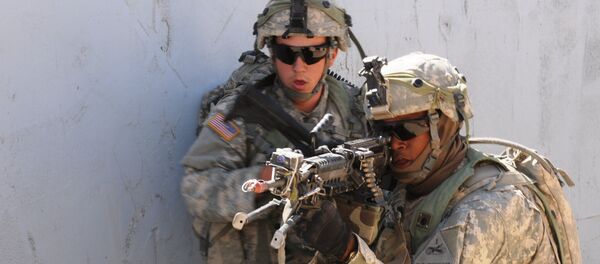US commentators and academics have been skeptical all along about the possible outcome of US-Russian negotiations, suggesting that Moscow has no interest in resolving the conflict with diplomacy. However, such an approach is flawed, according to Pillar.
"The broader political and military position that is a Russian interest is not served by unending conflict in Syria," the CIA veteran wrote in his article for The National Interest, stressing that there is a flaw in this concept.
"The Russians still have an interest in being a major part of resolving that conflict," Pillar stressed.
Likewise, the so-called opposition has been proven incapable of ousting Bashar al-Assad, "even with outside help."
Those who call for exerting military pressure on Moscow and Damascus to induce them to make concessions need to keep in mind that what is at stake for the government of Bashar al-Assad is nothing less than their survival, the US academic noted.
For its part, Russia is committed to protecting its Middle Eastern ally, he added.
The deployment of the Russian S-300V4 (NATO designation SA-23 Gladiator) air defense systems in Syria in response to the Obama administration's debates about the possibility of missile launches and airstrikes on Syrian army positions, has confirmed Pillar's assumption.
Therefore, "the balance of pressures would then be unchanged even though the war would be that much more intense," Pillar emphasized.
Dave Majumdar, the Defense Editor of The National Interest, echoes Pillar, adding that besides potential military risks there are certain legal problems preventing Washington from overtly hitting Assad's forces in Syria.
"The legal problem comes from the fact that the United States is not technically at war with Syria, nor is there a UN resolution authorizing American forces to operate inside that nation," Majumdar highlighted, reminding his readers that even ongoing US military operations inside Syria are illegal.
Similarly, Majumdar underscored in his article that the fight against the Assad regime is complicated by the fact that "there are no clear-cut good guys" on the ground to side with.
"Even so-called 'moderate' rebels backed by the US government are beheading children," Majumdar underscored.
In his Friday op-ed for online newspaper Vzglyad Russian political analyst Yevgeny Krutikov noted that Washington's hysteria over the Syrian Arab Army advance in Aleppo is quite understandable.
He explained that the liberation of Aleppo from Islamists would pave the way for Bashar al-Assad's victory in the Syrian war. At the same time, it would mean that Washington's five year-long political and military maneuvers in the region were in vain.
To add insult to injury, the Obama administration's fiasco is likely to coincide with the final phase of the US presidential campaign.
Krutikov drew attention to the fact that recently the SAA has not only gained more ground in Aleppo but also kicked off an offensive against Islamists in Deir ez-Zor, where the Syrian government forces had been hit by US Air Force several weeks ago. In addition, Krutikov added, the SAA has intensified its activity in Hama.
In this context, it becomes clear why the US war planners have renewed the debate over directly striking Bashar al-Assad's positions in Syria. In their eyes, only a massive assault against the SAA could have saved the US' reputation.
Still, the Russian analyst believes that such an outcome is highly unlikely: neither the UN, nor the US Congress is likely to open the door to yet another US military intervention in the Middle East.





